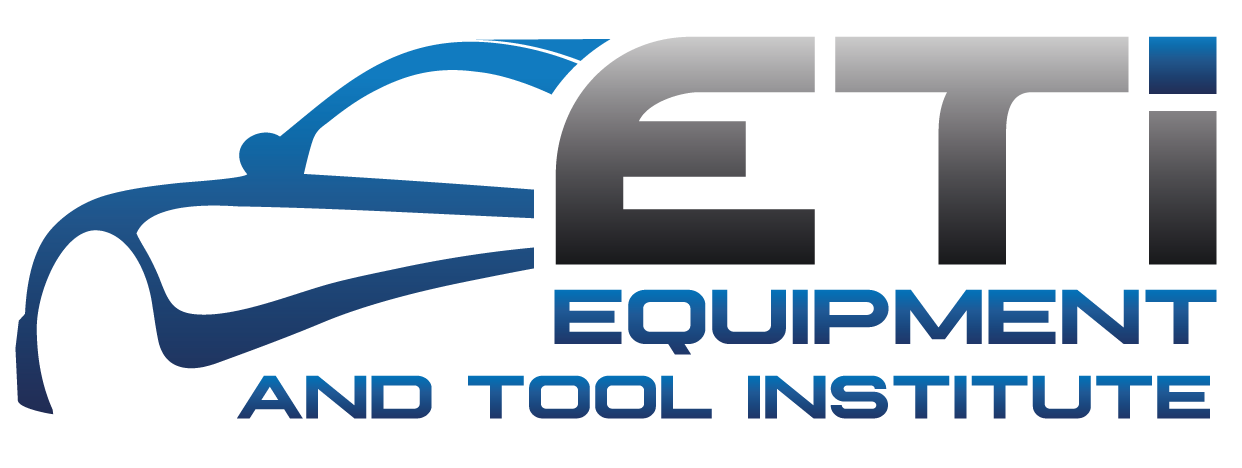Charlie Gorman, ETI Executive Manager
With the increased complexity that technology brings to the automobile, has diagnosis become too difficult because the equipment used to perform diagnosis has become too expensive? This is a question I have been asked several times this year.
The premise is that, with constant advancement in vehicle computer technology, shops are going to need more sophisticated scan tools to keep up; most shops can't afford to purchase them all, so … what do they do?
The fear of being left behind technologically is not new. We have seen it over and over again. It seems like every time a new technology comes along there are those that predict it may cause irreparable damage to our industry. Examples include alternators, disk brakes, electronic ignition, fuel injection and computer controls. Now all of these systems seem completely normal and I would guess that going back to work on preceding systems would be the technological challenge. Not only because these systems are unfamiliar to many younger technicians, but also because these systems required the use of older equipment that might not exist in many shops today.
There has never been an example where technology has stopped shops from doing business. If you have to buy more equipment, so do all of your competitors. The playing field remains level. Of course, this cost has to be passed on to consumers in some way, but they benefit too because this equipment speeds up the diagnostic process and reduces labor costs. Buying new equipment on a planned regular basis is a requirement in almost every business. Not keeping up with newer technology can cause any business to lose its competitive advantage.
The reason the cost question is being asked more frequently now has to do with purchasing factory scan tools. Some say that vehicles cannot be repaired properly unless one purchases the same scan tools a new car dealer uses. Of course this isn’t true, enhanced aftermarket scan tools do an excellent job of providing diagnostics for the vast majority of repairs and for the approximate cost of one factory tool you can repair several brands. Consensus seems to be that shops should own factory tools for the brands they specialize in or see most often and then use aftermarket enhanced tools for the rest.
For years technicians complained that they couldn’t get their hands on factory scan tools and now that these tools have become more available they are complaining about the cost. Factory tools can cost anywhere from sub $1,000 to as much as $15,000 or more, but in 1985 a computerized tune up machine cost $25,000 in 1985 money. That’s $50,000 in today’s money. How many scan tools does that buy?
But even better is the fact that factory scan tools are becoming less expensive. As more and more OEMs turn to PC based platforms hooked to inexpensive vehicle interfaces, the cost is shifting from hardware to software, and since software can be accessed on an as-needed basis, the overall cost will be going down.
We needn’t worry about the cost of diagnostic equipment due to the increased complexity of computer systems on vehicles going forward. The real problem has little to do with tools. It is training. If technicians and shops become specialized it will be because it is difficult to learn and retain what is necessary to be good at fixing all brands, especially when some low volume brands are not seen often enough for technicians to become proficient repairing them.
But, this too will take care of itself. Complexity in diagnosing some of the less popular brands and/or more exotic brands have given rise to mobile diagnostic specialists. These individuals have taken the time to learn complex systems and have made the investment in special factory tools that allow them to fill the gap when shops that prefer to cater to the mainstream decide they can use the help. Spreading their mobile service over a broad territory ensures that the specialists have enough business to be profitable.
I don’t think there is a problem to worry about here. I predict that as in the past, cars will continue to be repaired by new car dealerships and aftermarket repair shops alike. Shops will continue to have several equipment options within several price ranges. Free and open market places have a tendency to adjust to almost any changes including changes in complexity. Ours is no different. | NAVIGATE |

 Do Diagnostic Tools Cost Too Much?
Do Diagnostic Tools Cost Too Much?